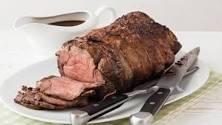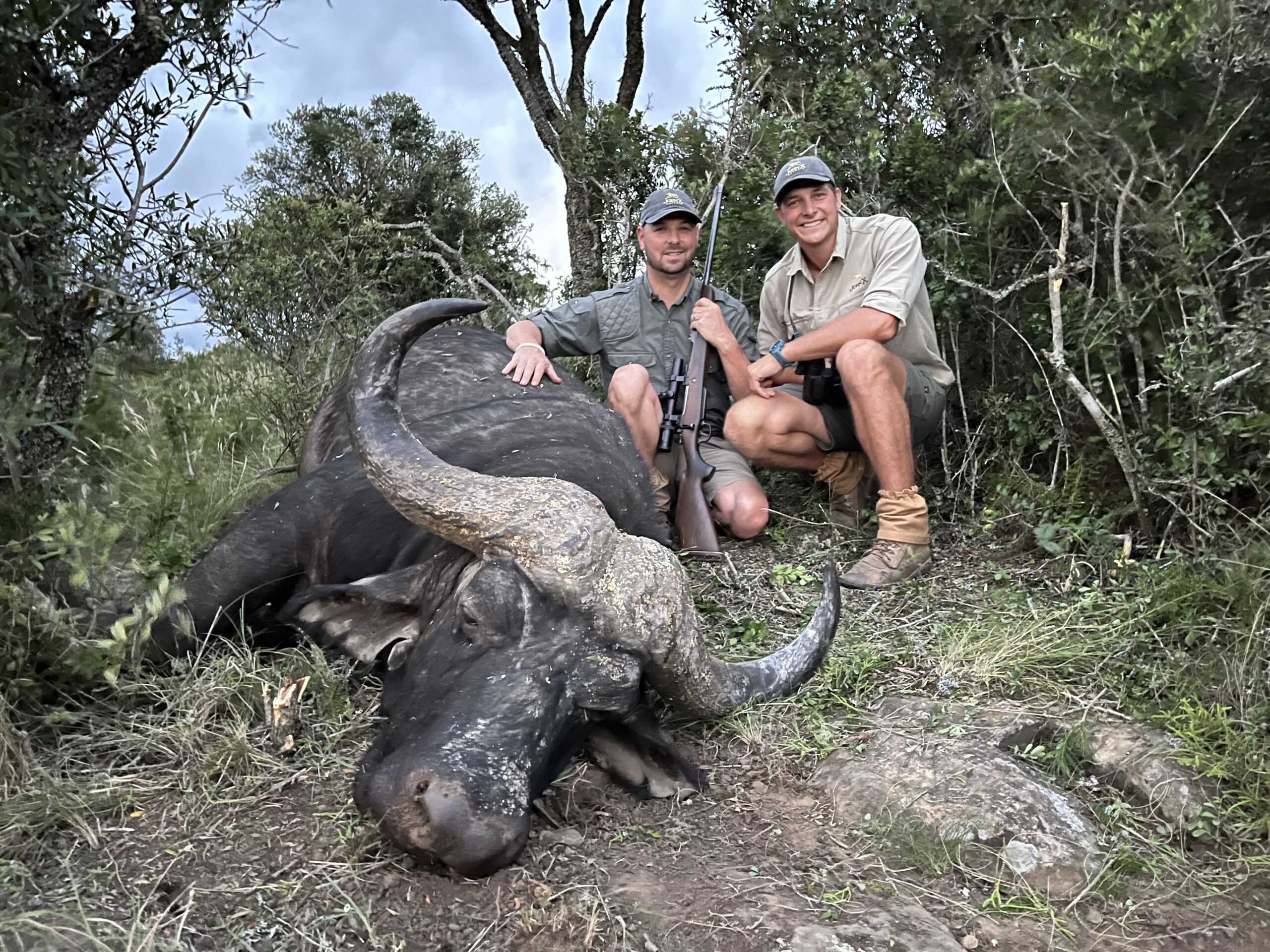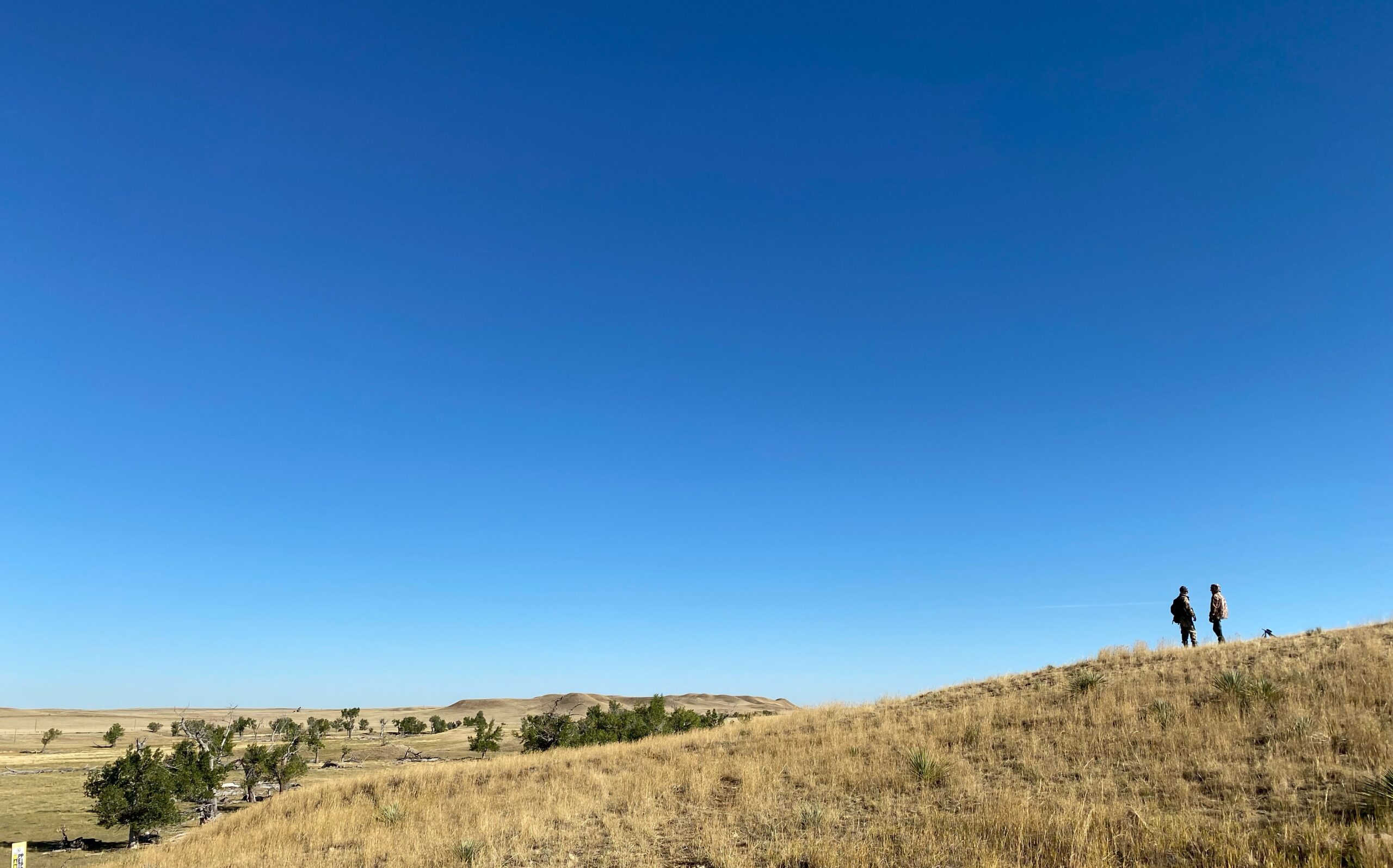Most of the meat people eat in 2040 will not come from slaughtered animals, according to a report that predicts 60 percent will be either grown in vats or replaced by plant-based products that look and taste like meat, says a news article in The Guardian.
The report by the global consultancy AT Kearney, based on expert interviews, highlights the heavy environmental impacts of conventional meat production and the concerns people have about the welfare of animals under industrial farming.
“The large-scale livestock industry is viewed by many as an unnecessary evil,” the report says. “With the advantages of novel vegan meat replacements and cultured meat over conventionally produced meat, it is only a matter of time before they capture a substantial market share.”
The conventional meat industry raises billions of animals and turns over $1tn (£785bn) a year. However, the huge environmental impacts have been made plain in recent scientific studies, from the emissions driving the climate crisis to wild habitats destroyed for farmland and the pollution of rivers and oceans, according to The Guardian article.
“The shift towards flexitarian, vegetarian and vegan lifestyles is undeniable, with many consumers cutting down on their meat consumption as a result of becoming more conscious towards the environment and animal welfare,” said Carsten Gerhardt, a partner at AT Kearney. “For passionate meat-eaters, the predicted rise of cultured meat products means that they still get to enjoy the same diet they always have, but without the same environmental and animal cost attached.”
However, a National Farmers’ Union spokesman said: “Innovation and new technology has always been central to the progress of British livestock farming. Although the science of lab-grown meat is interesting, the NFU believes there is great potential for livestock farming to continue its journey of producing safe, traceable and affordable food for the nation and it will continue to do so as long as the public demands it.”
While most of the non-meat meat discussion centers on the livestock industry, the implication for hunting is undeniable.




